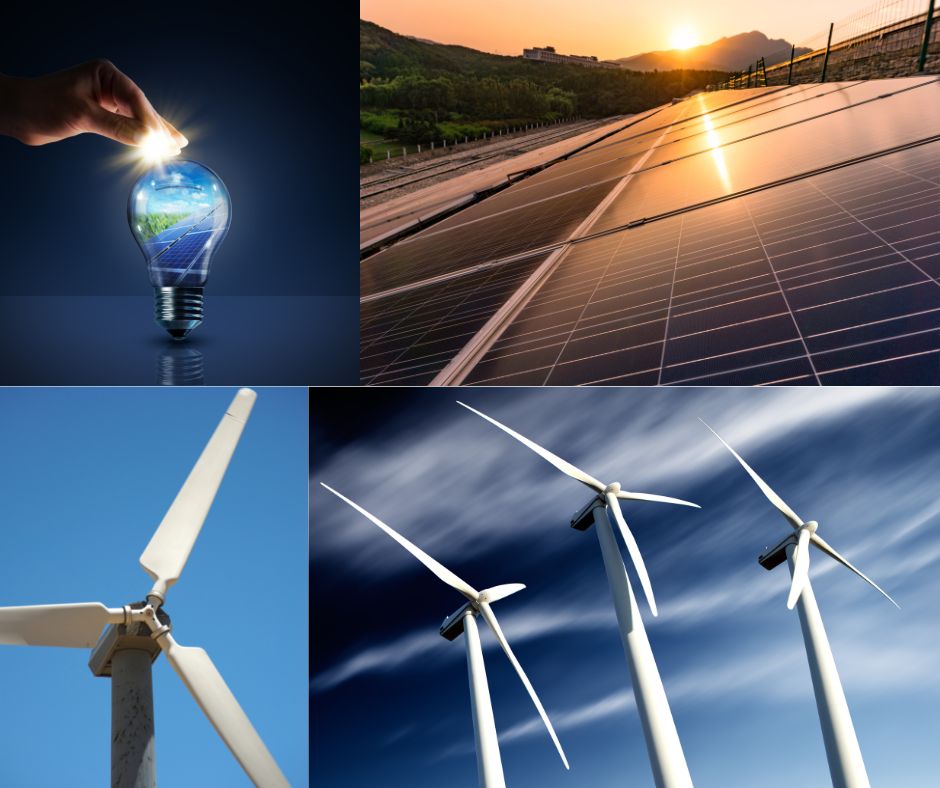
He added that the need to “stop our global addiction to fossil fuels” has become crystal evident due to climate disasters and increasing fuel prices, highlighting the significance of investing in renewable energy, enhancing resilience, and scaling up adaptation.
We wouldn’t currently be experiencing a climate emergency if we had made significant investments in renewable energy in the past.
There is no future without renewable energy, according to the UN head
Renewals: “Only trustworthy road”
According to the UN chief, renewable energy sources are “the only plausible path” to proper energy security, stable electricity prices, and long-term employment possibilities.
Additionally, he insisted that the proportion of renewable energy sources in total electricity output must rise from the current level of a minor under 30% to over 60% in 2030 and 90% in 2050.
The top UN official emphasised that “leaders in business and government must stop thinking about renewables as a faraway project of the future.”
“There is no future without renewable energy sources.”
Essential energy goals
The Secretary-General continued by outlining his Five-Point Energy Plan to switch to renewable energy sources, starting with the idea of recognising the technologies as publicly accessible “global public goods.”
For a swift and equitable energy transition, he said it is essential to identify patents that can be made freely available, especially those that deal with battery and storage capacity.
He then emphasised the necessity of securing, expanding, and diversifying supply chains for technologies utilising renewable energy sources, noting that these networks for components and raw materials are “still concentrated in a handful of nations”.
To equalise the playing field for renewables was the third goal.
The head of the UN said, “We have the technology, the capacity, and the resources, but we urgently need to put policies and frameworks in place to encourage investments and remove bottlenecks brought on by red tape, permits, and grid connections.”
His fourth recommendation was to switch subsidies from fossil fuels to renewable energy, noting that governments spend over $500 billion a year to artificially lower the price of fossil fuels, “more than triple what renewables receive.”
He claimed that if we direct these funds and subsidies toward renewables, we reduce emissions and increase the number of decent, environmentally friendly jobs.
The fifth and last argument made by Mr Guterres emphasised the significance of increasing public and private investments in renewable energy sources to at least $4 trillion annually.
According to him, most solar and wind energy expenses are incurred upfront. This means significant investments made today will pay off with even greater returns.
However, to do this, financing must reach those who need it most; risk regimes must be changed; there must be more flexibility to scale up renewable finance, and the cost of borrowing for developing nations must be reduced.
The UN head said that despite Africa’s enormous potential for renewable energy, just 2% of clean energy investments are made there. “The cost of funding for renewable energy projects in the poor world might be seven times higher than in the industrialised world,” he warned.
Walking the talk
According to Mr Guterres, advancing science-based targets and Just Transition plans in collaboration with labour groups and civil society is everyone’s business. This includes the private sector.
Lip service is unacceptable. He emphasised the necessity for credible initiatives and accountability.
The UN president continued, “Every company and investor; every city and nation must “live the talk” on their net-zero promises if we accomplish the Paris Agreement and save the Sustainable Development Goals.
He emphasised that “the UN Global Compact is positioned to contribute to this crucial effort” and urged everyone to take swifter action “to spark the renewables revolution.”
Analysis by: Advocacy Unified Network
